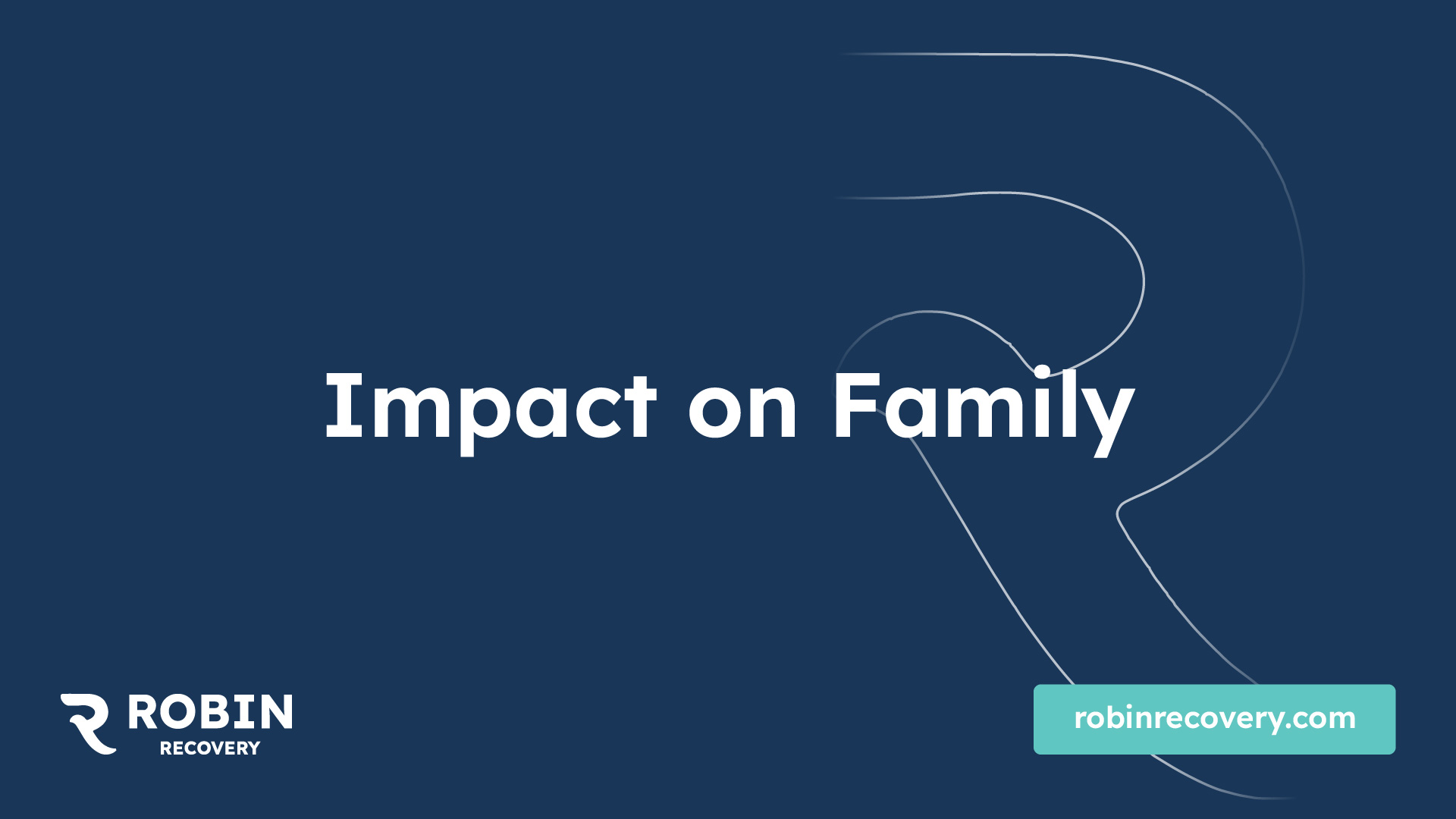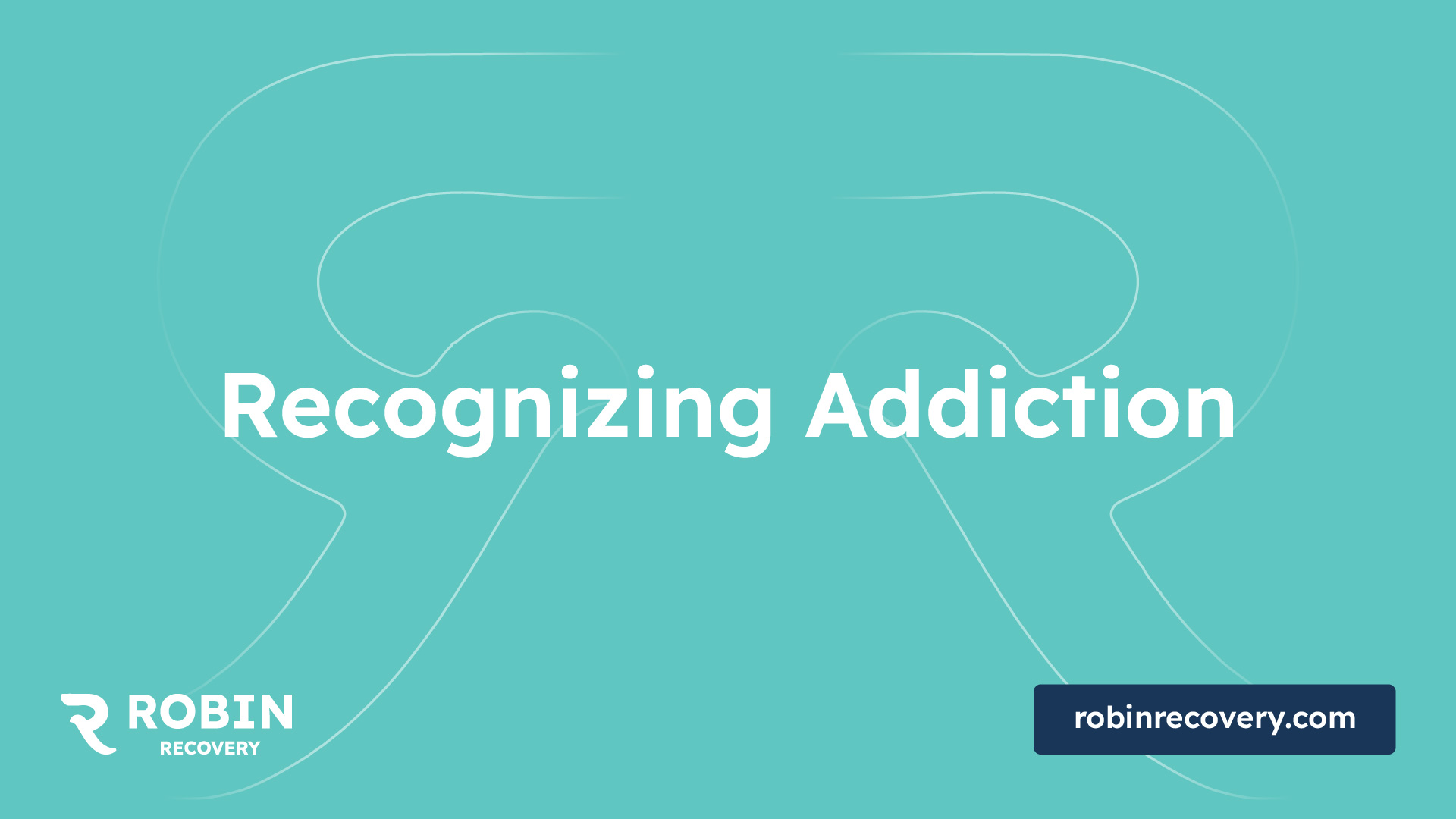Signs Your Loved One Is Hiding an Addiction


Signs of Hidden Addiction
Recognizing the signs your loved one is hiding an addiction is crucial in providing support and intervention. Understanding the behavioral changes and physical signs associated with hidden addiction can help identify when a loved one is struggling.
Behavioral Changes
Individuals grappling with addiction often exhibit noticeable behavioral changes. They may lose interest in activities they once found important, experience unpredictable mood swings, withdraw from friends and family, and display abnormal behaviors. These shifts in behavior can be indicators of an underlying substance use disorder [1].
It's essential to pay attention to any drastic alterations in behavior, such as sudden mood swings, secretive actions, or unexplained disappearances. These changes may signal that your loved one is struggling with substance abuse and trying to conceal it from those around them.
Physical Signs
In addition to behavioral changes, physical signs can also point towards a hidden addiction. These signs may vary depending on the substance being abused. For instance, individuals using marijuana may exhibit bloodshot eyes, droopy eyelids, and a relaxed demeanor. Stimulant users, on the other hand, may display aggression, dilated pupils, increased energy, and rapid speech. Hallucinogen users might experience hallucinations, tremors, and difficulty distinguishing between reality and hallucinations [2].
Changes in habits, appearance, weight, or personal hygiene can also be indicative of an underlying substance use issue. Keep an eye out for any physical signs that seem out of the ordinary or unexplained, as they may be linked to a hidden addiction that your loved one is struggling to confront.
By being aware of these signs of hidden addiction, you can take proactive steps to address the situation and provide the necessary support and guidance to your loved one. Encouraging open communication and seeking professional help can be instrumental in helping them navigate their addiction and embark on the path to recovery.

Impact on Family
The impact of addiction on loved ones extends beyond the individual struggling with substance abuse. It affects the entire family unit, especially children, and the parental influence plays a significant role in shaping their well-being.
Risks to Children
Children living with at least one adult with a substance use disorder (SUD) are estimated to be more than eight million, with the majority being younger than age 5 [3]. These children are at a heightened risk of developing emotional, behavioral, or substance use problems due to the disruption in various aspects of family life, including attachment, rituals, roles, routines, communication, social life, and finances. The exposure to parental substance abuse increases the likelihood of these children developing SUDs themselves, emphasizing the importance of assessing active substance abuse in the family for effective intervention and treatment.
Parental Influence
Parents with SUDs have a profound influence on their children's lives. They are three times more likely to engage in physical or sexual abuse towards their children, leading to negative consequences such as an increased likelihood of juvenile arrests and violent crimes among the children. Additionally, children affected by parental substance abuse are at a higher risk for various childhood disorders, including eating disorders, behavior disorders, anxiety disorders, depression, post-traumatic stress disorder, and substance use disorders, as outlined in the Diagnostic and Statistical Manual of Mental Disorders (DSM-IV-TR) [3].
The parental influence in a household where addiction is present can have long-lasting effects on children's physical, emotional, and psychological well-being. Recognizing these risks and addressing the impact of addiction on the family unit is crucial in providing support and interventions to mitigate the potential harm caused by substance abuse. For resources on how to support a loved one in recovery, visit our article on 5 ways to support your loved one through treatment.

Recognizing Addiction
Recognizing the signs of addiction in a loved one is crucial for providing timely support and intervention. Two key indicators of hidden addiction are withdrawal symptoms and the discovery of drug paraphernalia.
Withdrawal Symptoms
Withdrawal symptoms manifest when an individual stops using a substance after prolonged use. These symptoms can vary in intensity and duration, depending on the substance and the individual's level of addiction. Common withdrawal symptoms include anxiety, irritability, fatigue, and depression. The severity of these symptoms often correlates with the intensity of the addiction [1].
Recognizing withdrawal symptoms in a loved one may indicate that they are struggling with addiction and attempting to conceal their substance use. It's essential to approach them with empathy and understanding to encourage open communication and seek appropriate help.
Discovery of Drug Paraphernalia
Discovering drug paraphernalia, such as pipes, syringes, lighters, bongs, razor blades, burnt spoons, or other items, can be a significant red flag indicating that a loved one is using substances and hiding their addiction [1]. The presence of such items in their personal space or belongings suggests active substance use and the need for immediate intervention and support.
When encountering drug paraphernalia, it's essential to address the situation with care and concern. Engaging in open and honest conversations with your loved one about the discovered items can help them understand the gravity of their situation and encourage them to seek professional help.
Recognizing these signs of hidden addiction is the first step towards supporting your loved one on their journey to recovery. By being vigilant and proactive in identifying these red flags, you can play a vital role in guiding your loved one towards seeking the necessary assistance and treatment to overcome their addiction.
Erratic Behavior
When it comes to identifying potential signs of a hidden addiction in a loved one, erratic behavior can be a significant red flag. This section focuses on two key aspects of erratic behavior that may indicate underlying addiction issues: dangerous actions and sleep pattern disturbances.
Dangerous Actions
Erratic behavior often manifests in dangerous actions when someone is struggling with addiction. Individuals may engage in risky behaviors that they would not have otherwise participated in. These actions can range from reckless driving to substance-related crimes, posing a threat to both themselves and those around them. If you notice your loved one displaying behaviors that jeopardize their safety or the safety of others, it is essential to address the situation promptly. Seeking help from professionals or support groups can provide guidance on how to intervene and support your loved one in seeking treatment [1].
Sleep Pattern Disturbances
Substance use can have a direct impact on an individual's sleep patterns. Erratic sleep habits, such as oversleeping or staying up late, can be indicative of an underlying addiction issue. Different substances can affect sleep in various ways, leading to disturbances in the natural sleep-wake cycle. If you observe significant changes in your loved one's sleep behaviors, especially in conjunction with other signs of addiction, it may be time to address the possibility of substance misuse. Encouraging your loved one to seek professional help and support can aid in addressing both the addiction and any related sleep disturbances [1].
Recognizing these signs of erratic behavior in a loved one can be challenging but crucial for initiating the necessary steps towards intervention and treatment. By staying vigilant and addressing concerning behaviors promptly, you can support your loved one in overcoming addiction and regaining control of their life. If you suspect that your loved one is struggling with addiction, it is essential to reach out for help and guidance from professionals who specialize in addiction recovery.
Seeking Help
When a loved one is struggling with addiction, seeking help becomes a vital step towards their recovery journey. Two crucial aspects that play a significant role in aiding individuals in overcoming addiction are the importance of intervention and the availability of comprehensive treatment programs.
Intervention Importance
Early intervention is key to successful recovery from drug addiction. When signs of drug use become apparent, friends and family members may consider staging an intervention to address the issue and encourage their loved one to seek help. Interventions provide a structured opportunity for family members and friends to express their concerns, offer support, and guide the individual toward treatment options. This approach can be a pivotal moment in motivating the individual to acknowledge their addiction and take the necessary steps towards recovery.
It's essential to approach interventions with care, empathy, and understanding. Creating a safe and supportive environment can increase the likelihood of a positive outcome and encourage the individual to accept help without feeling judged or isolated. Interventions can serve as a catalyst for change and open the door to a path of recovery and healing.
Comprehensive Treatment Programs
Comprehensive addiction treatment programs play a fundamental role in addressing the complex nature of substance abuse disorders. These programs typically encompass a combination of medical detoxification, therapy, counseling, and aftercare support to address both the physical and psychological aspects of addiction. By providing a holistic approach to treatment, individuals are guided through the process of recovery with a focus on long-term sobriety and wellness.
Medical detoxification is often the first step in a comprehensive treatment program, helping individuals safely manage withdrawal symptoms and cleanse their bodies from the harmful effects of substances. Therapy and counseling sessions are then utilized to explore the underlying factors contributing to addiction, develop coping strategies, and foster emotional healing.
Supportive services such as group therapy, individual counseling, and educational workshops are integrated into treatment programs to provide individuals with the tools and resources needed to maintain sobriety and prevent relapse. By addressing the root causes of addiction and equipping individuals with essential life skills, comprehensive treatment programs pave the way for a sustainable recovery journey.
For those seeking help for a loved one grappling with addiction, understanding the significance of intervention and the availability of comprehensive treatment programs can be the first steps towards guiding them on a path to healing and recovery. By taking proactive measures and offering support, families can play a crucial role in empowering their loved ones to overcome addiction and embrace a healthier, drug-free lifestyle.
References
[2]:
[3]:
